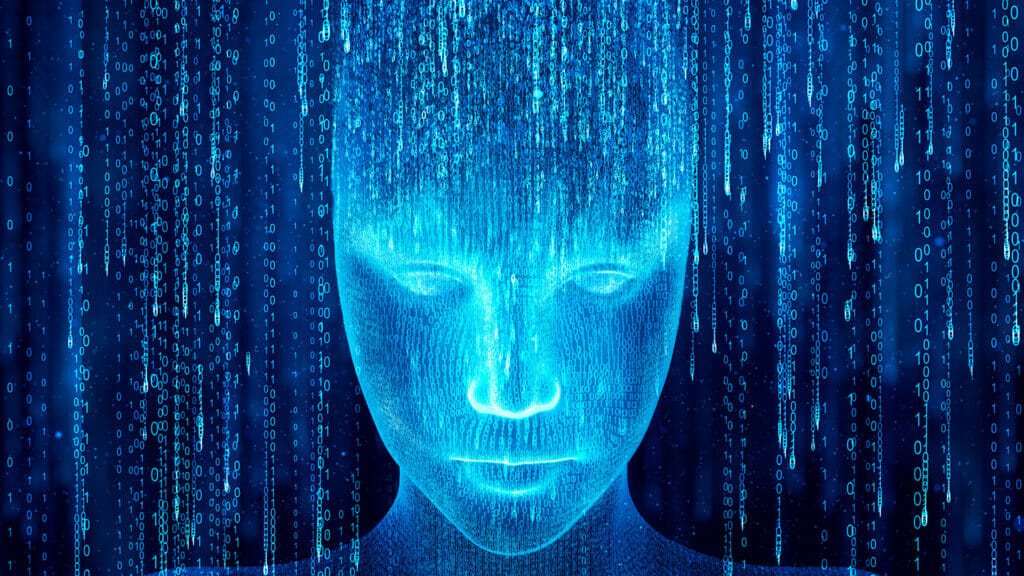

Artificial intelligence’s ability to sift through data quickly and find patterns is now being applied to greater effect in music therapy for older adults with dementia.
The concept is part of a new tool in development that uses wearable sensors and AI-enabled music adaptive systems. Researchers received $1.3 million in funding from Google for their project, entitled Music Attuned Technology – Care Via eHealth, or MATCH.
Sensors on a wearable would monitor seniors’ behaviors that the AI would then train on. When users become agitated, the AI then would play music designed to synchronize with the user and their moods, the researchers explained. Although the user can select some music preferences, the AI would constantly be able to change tracks and find an option that soothes them, the researchers explained.
The MATCH project, which was developed at the University of Melbourne in Australia, also involves a training app program for caregivers, which includes a pre-curated list of music that is considered relevant to older adults with dementia.
That training program already has been created; the grant funding will now provide support for incorporating the music therapy element.
“Many carers of people with dementia recognise music’s value in supporting the wellbeing of a loved one,” principal researcher Felicity Baker said in a statement. “We are working to create a better everyday life for people living with dementia, their families.”
Although they are hoping to roll out a pilot program in Australia, the goal is to have the MATCH system deployed globally, the researchers said.
AI devices are targeting seniors with dementia in several ways, including improving sensor technology designed to anticipate or prevent falls.
The MATCH system was one of 15 projects selected by Google for its AI for the Global Goals grant, which awarded $25 million overall.


